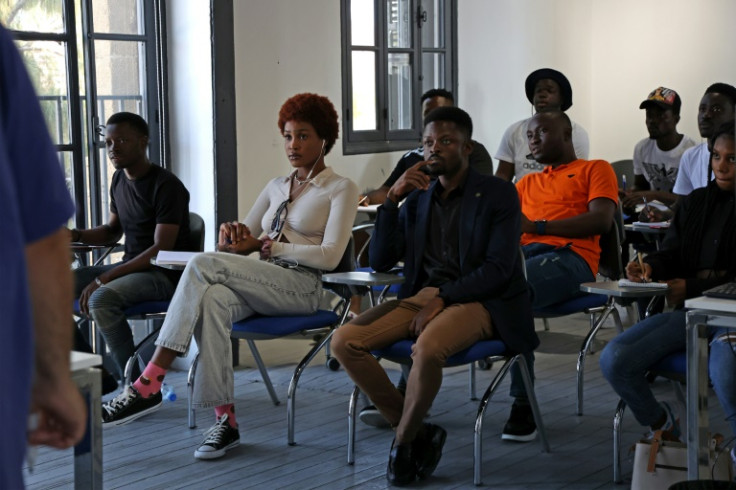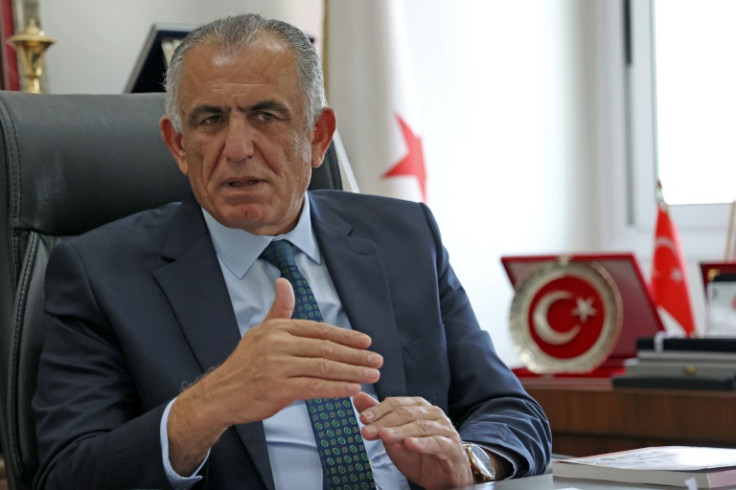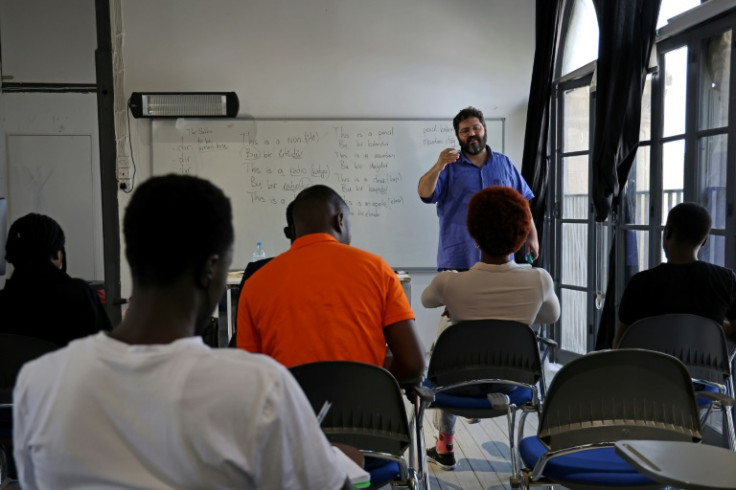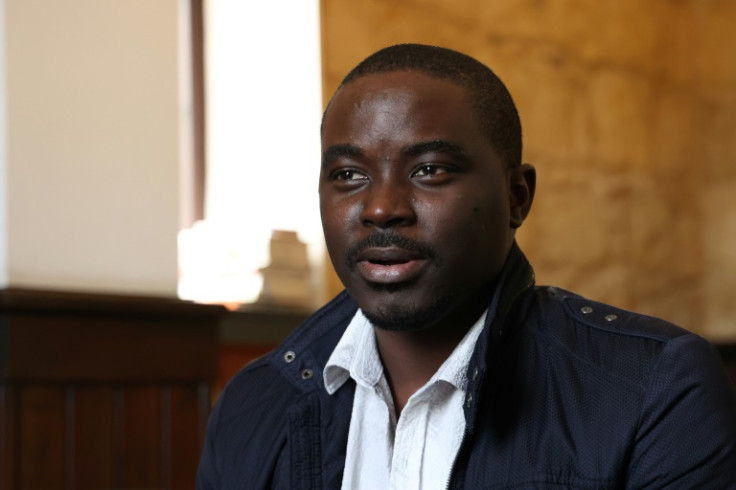Foreign University Students Sold 'Dreams' In North Cyprus

Foreign students are big business in northern Cyprus, a tiny, breakaway statelet only recognised by Turkey, but some warn university recruiters are selling "dreams" in the internationally and economically isolated territory.
One Nigerian student, who requested anonymity, said he expected to arrive in the country whose football teams compete in European tournaments. Instead, when he saw the currency was the embattled Turkish lira, he realised this was "not the Cyprus I thought it was".
The Mediterranean island is divided between the internationally recognised Republic of Cyprus and a northern statelet established after Turkey launched a 1974 invasion in response to a Greek-sponsored coup.
The self-proclaimed Turkish Republic of Northern Cyprus (TRNC) is home to just several hundred thousand people yet hosts a whopping 21 universities officially recognised by the breakaway authorities and by Turkey.
International students pay tuition in euros or US dollars, and sometimes also for accommodation -- a windfall for the territory's isolated economy.
The Republic of Cyprus, an EU member, is facing record numbers of new asylum-seekers, most arriving from across the UN-patrolled buffer zone, and accuses Turkey of encouraging the influx.
Almost half of the north's more than 108,000 "active" tertiary students were from outside the TRNC or Turkey in the 2021-22 academic year, official figures showed, with about 17,400 from Nigeria alone in the spring semester.
Education minister Nazim Cavusoglu estimated the university sector and its indirect revenues fuelled some 35 percent of the north's GDP -- "far ahead of tourism".
Many foreign students can enter the TRNC without pre-issued visas. All must fly via Turkey due to an international embargo.
Relatively low tuition fees -- sometimes less than $3,000 per year -- are a major selling point, and are often presented as if marked down by "scholarships" of up to 75 percent.
But a university official who requested anonymity told AFP this was a "trick".
"It is not like we are giving these scholarships" to international students, he said, explaining that the marked-down price is the actual tuition cost.
Real international tuition waivers were few, he added.
Universities pay recruiters between several hundred and 1,000 euros ($1,040) in commission per student, sources told AFP.
While many are companies, the number of informal agents -- often current or former students -- has reportedly ballooned.
Some students said they had been misled about study or work opportunities, or were not told they were coming to a divided island.
Cameroonian Rictus Franck Ngongang, 28, said he wanted "the magic" of easy entry but was duped by a recruiter.
The business student's "first shock" was finding "there were 10 of us in a two-room flat", after he paid 300 euros for a month's accommodation.
He was also not enrolled in the course he expected.
He has since started a support association -- also involving agents -- to try to help other students in difficulty.
Some recruiters "sell dreams", he cautioned.
At northern Nicosia's small American University of Cyprus -- which officials said currently has no stand-alone US university accreditation -- foreign students were learning Turkish in a classroom with Ottoman-style windows as the Muslim call to prayer rang out over the divided city.
But Hazan Sherifli, head of student affairs, said half the institution's 200 international students were not attending.
Some "lose their (financial) sponsors... or some other things happen", said public relations and marketing director Engin Sirvan, adding it was not the university's role to police attendance.
A report by the north's Center for Migration, Identity and Rights Studies said impoverished foreign students risked falling "into the hands of criminal elements", and that the situation "facilitates human trafficking and exploitation".
The north's Human Rights Platform said it had assisted 21 Nigerian women students this year who had been sex-trafficked and terrorised with violence and even voodoo.
The Nigerian student expressed satisfaction with his course but called the economic situation "devastating", with funds from his sponsor no longer able to cover his tuition.
He said he was trying to make up the difference, and feared deportation as his student permit had expired, adding: "We are frightened every day."
The Democratic Republic of the Congo and Pakistan, along with Nigeria, were among the north's top four source countries for foreign students in the spring semester, figures from the education ministry showed.
They were also among the south's top four countries of origin for its some 16,700 new asylum applicants this year to September, according to official figures.
"Smugglers, often presenting themselves as agents for private universities", are frequently those that promote "their services to potential asylum-seekers", a UN refugee agency-commissioned study said.
In October, Abuja warned of "unscrupulous elements parading themselves as agents and deceiving unsuspecting young Nigerians" about prospects in the TRNC.
Education minister Cavusoglu said legislation was being drafted requiring agents to be accredited with the ministry, and to provide financial guarantees.
A representation of modern Turkey's founder Mustafa Kemal Ataturk hanging on the wall behind his desk, he also acknowledged there were up to 15,000 "passive" students not attending classes.
Nigerian Ibrahim Isaac, who runs a small agency, had a blunt message for prospective students: "If you don't have the money... don't come."
Education expert Salih Sarpten said the north was "unprepared" to host so many universities.
The territory is turning into a place for young people who "want to take a shortcut to Europe", he said.




© Copyright AFP 2024. All rights reserved.



